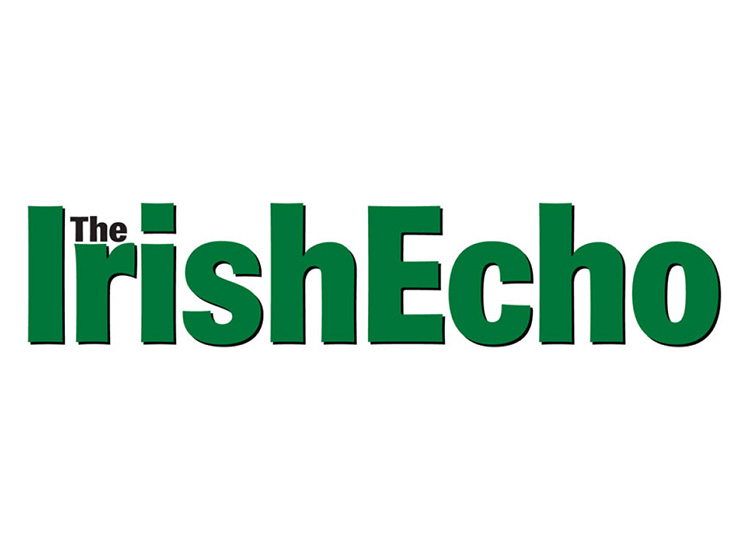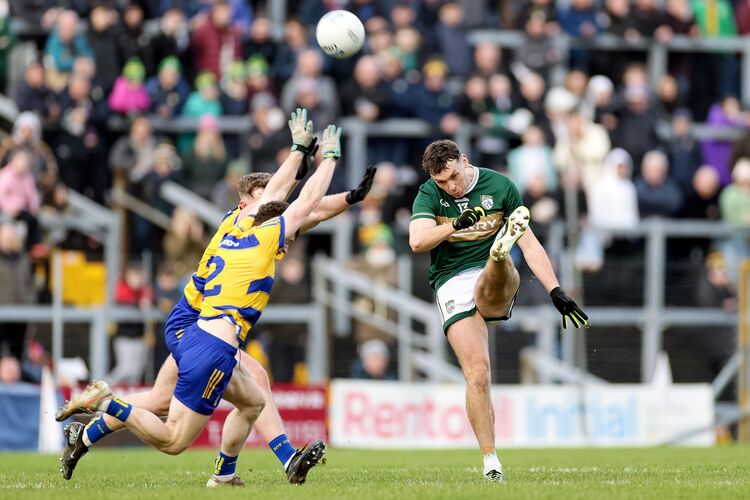Trina Vargo.
PHOTO BY CAROL CLAYTON
Page Turner / Edited by Peter McDermott
Progressives and the labor movement have been attacking the “Horatio Alger myth” for generations. Alger was a popular 19th-century American writer whose novels for young people had a basic plotline – poor boy makes good by dint of hard work and good values. The reality, however, is that in Alger’s time and later tens of millions of Americans who worked extremely hard and were decent people would remain mired poverty.
Stephen Steinberg’s book “The Ethnic Myth,” originally published in the 1980s, is the critique of the immigration version of the Horatio Alger myth. A good work ethic and other cultural mores were not the best predictors of who would do well in the U.S., Steinberg showed; on the other hand, literacy in one’s own language and some industrial and/or urban experience in Europe proved to be enormous advantages for immigrants coming through Ellis Island, helping to facilitate entry into the middle class in the first and second American-born generations.
Trina Vargo is not concerned with the issue of upward mobility as such in her first book “Shenanigans,” but by prefacing Chapter One with a Steinberg quote she is making a statement, which is: certain ethnic myths need to be exploded. Self-serving narratives have induced complacency, she argues in a work subtitled “The U.S.-Ireland Relationship in Uncertain Times.” One such myth – sections of the media back in Ireland in particular cling to it – is the idea that the “Irish vote” is still a factor in American elections.
In the 21st century, people from the traditional European groups are intermarrying at high rates and the old ethnic allegiances are increasingly less intense. That’s one reason Vargo suggests that if it’s to have any future the historic relationship between Ireland and the United States needs to be recalibrated.
Vargo, a graduate of the University of Pittsburgh and of McGill University, has been well-placed to write her insider’s behind-the-scenes account of that relationship. She was a member of Senator Edward Kennedy’s staff from 1987 until 1998 and served as his foreign policy advisor during the critical years of the Northern Ireland peace process and she has served as an advisor on Irish affairs to the campaigns of every Democratic nominee for president from Michael Dukakis through Barack Obama (and indeed she became, she says in her lively, hard-hitting account, part of the Clintons’ “enemies list” because of her support for Obama). She has additionally advised several American ambassadors to Ireland.
The Arlington, Va. resident Vargo created the US-Ireland Alliance “to build ties between the US and the island of Ireland for future generations.” As part of that work, she also established the George J. Mitchell Scholarship program and the annual Oscar Wilde Awards to honor the Irish in entertainment.
For more about “Shenanigans,” go to trinavargo.com.

What is your writing routine? Are there ideal conditions?
My day job of running the US-Ireland Alliance is all-consuming so I could only write during the relative quiet of August. The book took either 7 months or 7 years of Augusts, depending how you want to count it. I write best in the morning.
What advice do you have for aspiring writers?
Don’t rush it. Allow yourself enough time to walk away from what you’ve written for a period of time then come back to it. Also, have a few people read early drafts and be willing to take their suggestions on board. They can make your book better.
Name three books that are memorable in terms of your reading pleasure.
“A Confederacy of Dunces,” “Love in the Time of Cholera,” “Remembrance of Things Past.”
What book are you currently reading?
I just finished “Say Nothing” by Patrick Radden Keefe and found it excellent. I am always reading several books at the same time and am currently in the middle of The Fall of the Celtic Tiger by Donal Donovan & Antoin E. Murphy; “Milkman” by Anna Burns; “Tailspin” by Steven Brill; and “his Divided Island” by Samanth Subramanian. The last one is not about Northern Ireland but Sri Lanka – the recent atrocities prompted me to think about the issue of conflicts and civil wars we assume to be largely resolved.
Name a book that you were pleasantly surprised by.
Colm Toibin’s “The Testament of Mary”-- the very concept was genius.
If you could meet one author, living or dead, who would it be?
Shakespeare – to be so relevant 400 years after you wrote ….
What book changed your life?
“Changed” my life is probably too strong a word but Sogyal Rinpoche’s The Tibetan Book of Living and Dying, Joan Didion’s “The Year of Magical Thinking,” and Vaclav Havel’s “Summer Meditations rank as influential.
What is your favorite spot in Ireland?
night kayaking on Lough Hyne near Skibbereen and Glenstal Abbey







